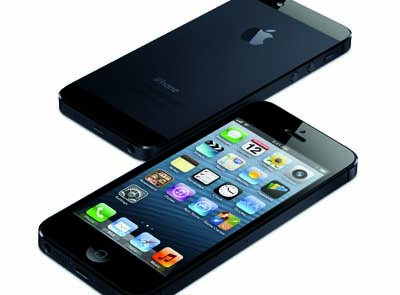Apple’s iPhone is officially the most successful product of all time, having shipped about 1,2-billion units since its launch 10 years ago.
Horace Dediu, founder and author at peer-reviewed analysis site Asymco, writes that the product has also fueled the development of the whole iOS empire that includes the iPod Touch, iPad, Apple Watch and Apple TV. Between them the product range has notched up sales of 1,75-billion in 10 years, and is expected to hit 2-billion units by the end of 2018.
Revenues from these iOS product sales are set to reach $980 billion by middle of this year, Dediu adds, while service revenues have already risen about #100-billion.
“This means that iOS will have generated over $1-trillion in revenues for Apple sometime this year,” Dediu comments. “In addition, developers building apps for iOS have been paid $60-billion. The rate of payments has now reached $20 billion per year.”
While nay-sayers are predicting the imminent weakening of the Apple empire, Dediu believes there are a number of reasons to believe the iOS empire is stronger and more resilient than other products that have lost their market leader status.
The main one is that Apple’s product is an ecosystem with network effects and dependencies on software and services, Dediu says. “It’s also a monolithic product with a singular interface and form factor.”
In addition, he says, the iPhone performs many functions, while users still tend to be loyal to the brand.
Going forward, Dediu expects that Apple will continue to improve the product line, and to expand is network of ancillary “smart” accessories.

